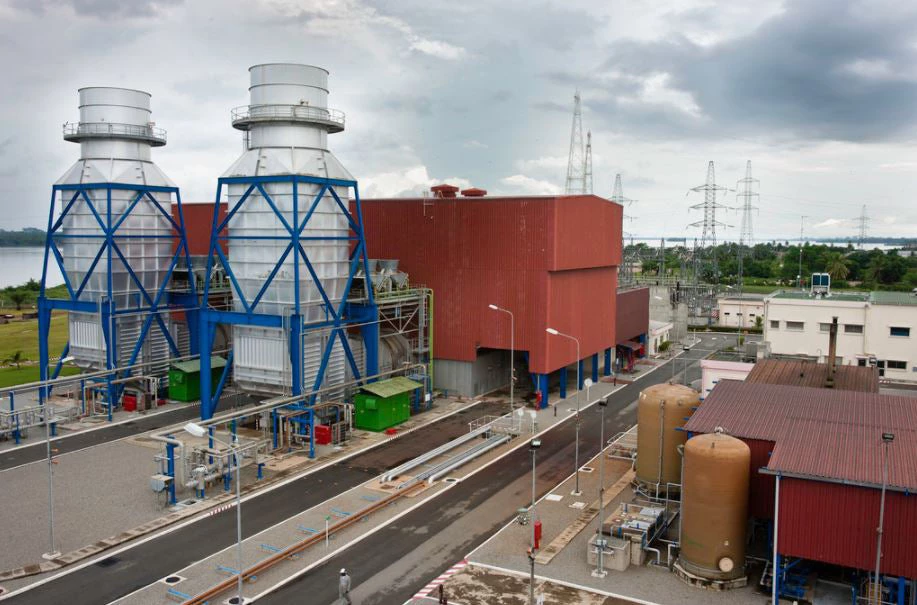
Editor's Note: Below is a viewpoint from Chapter 6 of the Foresight Africa 2018 report, which explores six overarching themes that provide opportunities for Africa to overcome its obstacles and spur inclusive growth. Read the full chapter on the changing nature of Africa's external relationships here.
Germany’s presidency of the G-20 in 2017 introduced a new initiative for supporting African countries’ development: the G-20 Compact with Africa . The compact brings together interested African countries with the World Bank Group, the International Monetary Fund, the African Development Bank, and other multilateral and bilateral partners to develop and support policies and actions that are essential for attracting private investment. To date, 10 countries have signed up for the initiative and outlined their aspirations and reform programs under a framework adopted by the G-20 finance ministers in March 2017.
The compact differs from past initiatives by focusing explicitly on facilitating private investment. Rather than relying on public aid flows, it seeks to create a new dynamic under which African governments work with their partners to target reforms that are essential for attracting private domestic and foreign investment. The compact reflects the reality that public resources are scarce, and only private sector-led growth can meet the aspirations of the continent and its young population for enough well-paying jobs .
The year 2018 will be a critical period during which to make the compact a success . The initial country reform proposals have been encouraging and have galvanized new and additional technical and implementation support from development partners. However, for the Compact countries to meet their objectives, they need to move from processes that are mainly centered on government and traditional donor groups to a deeper dialogue and more dynamic interaction with the private sector. Partner countries, notably G-20 governments, can facilitate this process if they nudge and incentivize their own private sectors to take a closer interest in the opportunities offered by African economies.
What would an eventual success of the Compact with Africa look like? Here are four ingredients:
- Compact countries continue to pursue sound macroeconomic policies and invest in state capacity and good governance.
- Countries and their partners invest in deeper diagnostics of private sector constraints including through a systematic, sustained, and open dialogue with domestic and foreign private actors to pinpoint additional reforms that further reduce country risks and remove specific sector bottlenecks.
- G-20 governments encourage close engagement of G-20 private sector actors with Compact countries to help transform risk perceptions and identify new investment opportunities.
- International financial institutions, such as the International Finance Corporation, and other development finance institutions support new investments with their instruments where risks remain too elevated.
Originally published by Brookings.


Join the Conversation